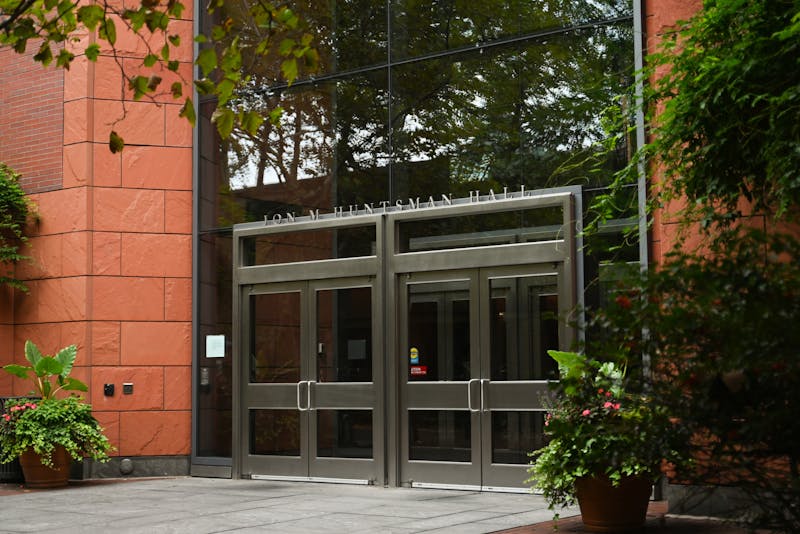Under current policy, all of the internal judiciary findings are kept private. The Penn committee which recommended that University officials notify parents of students involved in "frequent" or "serious" alcohol-related incidents is now debating whether to make public the names of students found to have committed violent crimes or non-forcible sexual offenses. Following legislation passed by Congress last fall, Penn is now authorized to release the names of student perpetrators, the specific violations that they committed and the sanctions imposed upon them. A committee chaired by College of Arts and Sciences Dean Richard Beeman is responsible for determining whether the law should be made applicable to the University and how to balance students' rights of privacy with the general public's safety. Currently, student disciplinary proceedings that go before the Office of Student Conduct are kept entirely confidential, as are students' judicial records. The committee has been meeting regularly over the past several weeks and is expected to present its recommendations to Provost Robert Barchi and University President Judith Rodin before the end of the academic year. Some of the arguments in favor of releasing names students found to be "violent offenders," according to Office of Student Conduct Director Michele Goldfarb, are the same that prompted the passage of laws allowing people to know if their neighbor is a convicted sex offender: Students can better protect themselves if they know who their classmates are. At least three universities in Ohio -- Miami of Ohio, the University of Dayton and Ashland University -- have already used the new law to begin releasing students' judicial records, Goldfarb said. According to Beeman, releasing students' names is not a clear-cut issue. Administrators want to be sure that infringing on someone's rights to privacy would guarantee a safer community. "It needs to be proven to me that we can positively contribute to the health, safety and well-being of our undergraduates by departing from our present policy," Beeman said. "If it could be proven to me that by releasing the names we would substantially reduce the number of crimes of violence or substantially reduce the incidents of non-forcible sexual offenses, then we'd have something to talk about," he added. The law defines crimes of violence as circumstances in which a person uses or threatens physical force against a person or a person's property. According to Goldfarb, the large majority of violent crimes that occur at the University are assaults, threats, hazing and incidents of vandalism. About 15 to 20 of the accused students each year are brought before a disciplinary panel and the rest reach settlements with the University. Incidents that reach the criminal justice system are routinely open to the public, and many who support the legislation suggest that universities should similarly release information about severe misconduct that occurs on campus. But both Beeman and Goldfarb stressed that universities should not be forced to adhere to those exact protocols. "Those in the press who would like for us to open up our records tend to regard universities as being an exact equivalent of a civil society," Beeman said. "My rather strong belief is that universities are neither replicas of civil society nor are they families. "Merely to equate the judicial processes of our academic community with the judicial processes of the City of Philadelphia is just wrong. We are different institutions," he added. Added Goldfarb: "We don't serve the same purposes. We don't have the same processes. Our missions are entirely different." The committee, which consists of faculty members, students and administrators, was convened last March after Congress passed an amendment to the Family Educational Rights and Privacy Act that authorized universities to notify parents of students who violate their school's drug and alcohol policies. It also enabled schools to release the names of students found to have committed violent crimes and non-forcible sexual offenses. The committee is currently meeting with various undergraduate constituencies, including representatives from the Undergraduate Assembly.
The Daily Pennsylvanian is an independent, student-run newspaper. Please consider making a donation to support the coverage that shapes the University. Your generosity ensures a future of strong journalism at Penn.
DonatePlease note All comments are eligible for publication in The Daily Pennsylvanian.







